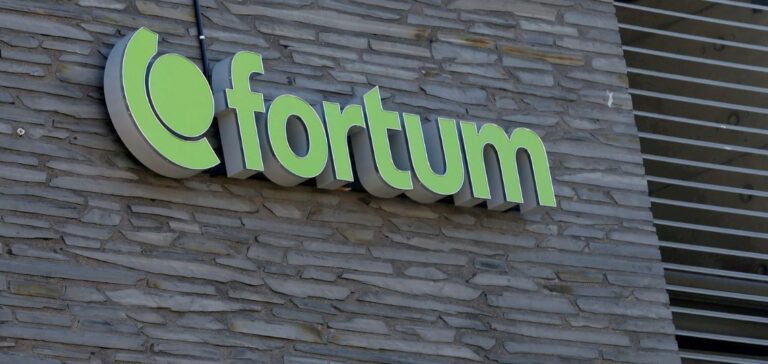Finnish energy company Fortum (FORTUM.HE) still hopes to sell its Russian assets and obtain compensation for their seizure by the Kremlin via arbitration, its CEO told Reuters.
Fortum and Russian assets: Sales challenges in the face of foreclosures and declining valuations
Fortum is one of a small group of companies whose assets have been placed under “temporary control” by Moscow in response to European Union sanctions since the start of the war in Ukraine, prompting over a thousand Western companies to leave Russia.
During the second quarter, Fortum wrote down the total value – 1.7 billion euros ($1.9 billion) – of its seven thermal power plants and its joint venture portfolio of wind and solar farms in Russia, after Moscow placed them under its control by presidential decree in April.
“We still retain legal ownership of the companies, but we don’t get any information, dividends or loan repayments from there,” said CEO Markus Rauramo in his first interview on the subject. “We are still looking for their sale,” he added. Rauramo gave no further details, but said Fortum had been in advanced discussions with a potential buyer for the asset portfolio, which he described as “well invested, profitable, efficient and the best there is in Russia”.
Prior to the seizure, Fortum and its unidentified potential buyer had presented their plans to the Russian government commission that grants authorization for sales of foreign-owned assets. Instead of approving the agreement, Russia announced the seizure, which came as a complete surprise and without any warning, said Rauramo.
The Importance of Government Relations for the Sale of Fortum’s Russian Assets
Finding a suitable buyer is essential, as government relations are advantageous. Assets seized in April by Putin. New management took control of PAO Fortum the following day.
Fortum is pursuing compensation through legal action based on signed international Russian investment protection agreements, with arbitration scheduled for next year.
“Our aim is to recover the value of our property and we believe we will get some compensation,” he said.
Fortum’s activities in Russia have led to another unresolved legal dispute – with its long-standing wind energy partner, Vestas.






















